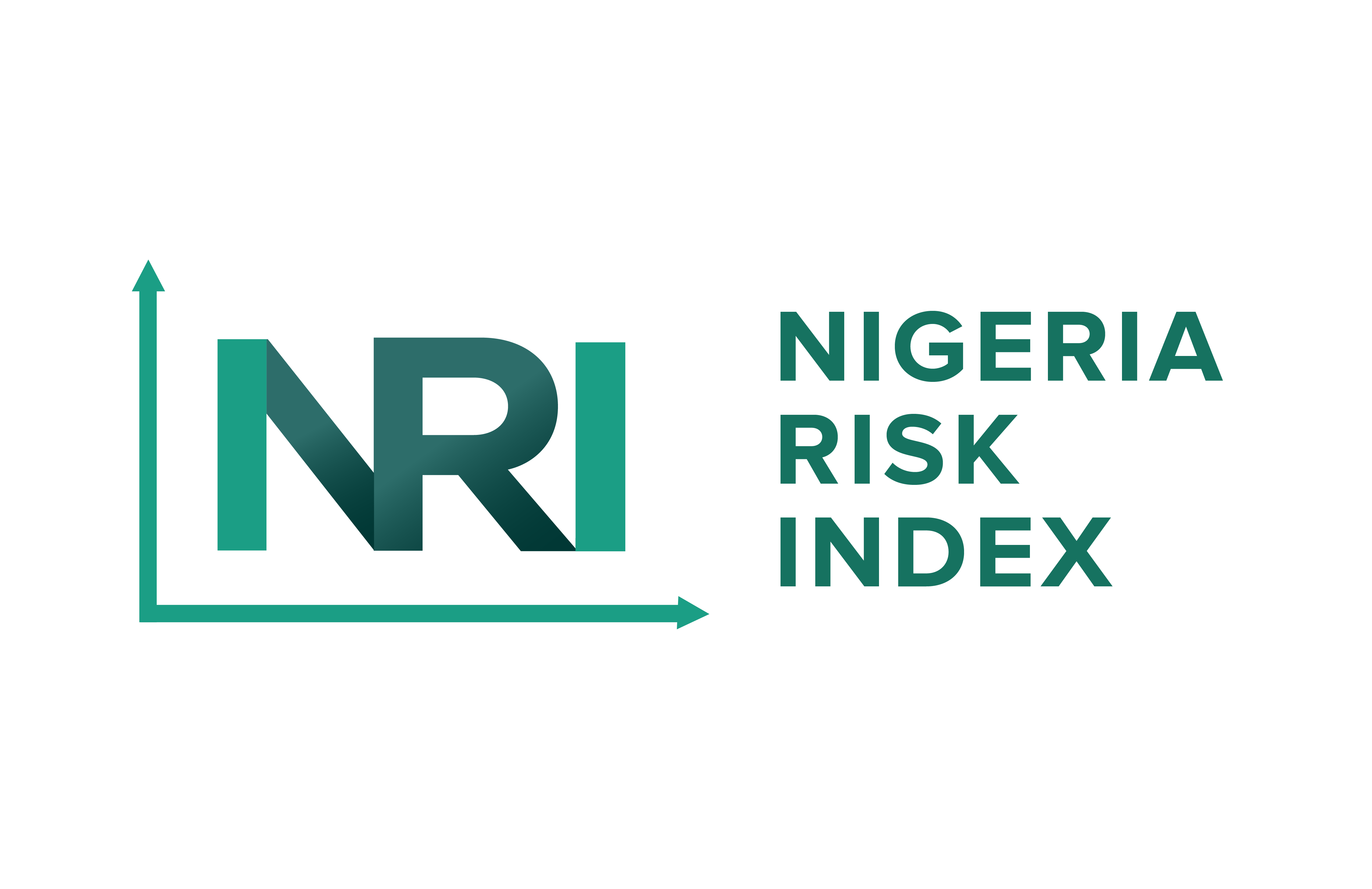Insights
Over the last decade, Nigeria has faced a complex array of security challenges that have evolved in both nature and intensity. From escalating conflicts in the North-East to emergent threats in urban centres, understanding these trends is critical for developing effective security policies and strategies. In this article, we examine the security trends in Nigeria over the past ten years, drawing on data and insights to identify patterns, emerging threats, and potential future risks. The goal is to offer stakeholders, including policymakers, security professionals, and businesses, a detailed overview that can inform proactive and adaptive security measures.
Evolving Security Landscape
Insurgency and Terrorism
The North-East has remained a hotspot for insurgency, primarily driven by groups such as Boko Haram and Islamic State West Africa Province (ISWAP). Despite numerous military campaigns, these groups have morphed in structure and tactics, posing sustained threats to regional stability.
Communal and Ethno-Religious Clashes
Middle belt regions, such as those in the North-Central, have experienced frequent clashes over land and resources between nomadic herders and farming communities. These conflicts have been exacerbated by environmental degradation and population growth.
Urban Crime and Kidnapping
In Southern and urbanized regions, there has been a noticeable increase in organized crime, including kidnapping for ransom, which has become a lucrative enterprise affecting all social strata.
Piracy and Maritime Insecurity
The Gulf of Guinea has emerged as one of the most perilous maritime zones globally, with Nigeria experiencing a significant share of maritime incidents, including piracy and oil bunkering.
Data Analysis and Trends
By examining crime statistics, incident reports, and security studies, several key trends are identifiable:
- Increase in Asymmetrical Warfare: Non-traditional combat tactics, such as guerrilla warfare and suicide bombings, have increased, challenging conventional security responses.
- Technological Influence on Security: Cyber threats have risen as digital infrastructure expands. Cybersecurity is becoming a critical area needing attention and resources.
- Community-based Security Initiatives: There has been a growing recognition of the importance of community involvement in security, leading to the initiation of local security outfits like the Amotekun in the South-West.
Implications for Future Security Policies
The evolving security landscape necessitates adaptive strategies that are comprehensive and inclusive of technological, community-based, and intelligence-driven approaches. Policymakers must consider:
- Enhanced Intelligence and Surveillance: Leveraging technology to improve intelligence gathering and surveillance to pre-empt security threats.
- Community Engagement and Conflict Resolution: Implementing policies that foster community engagement and address underlying causes of ethno-religious and communal conflicts.
- Capacity Building in Cybersecurity: Strengthening cybersecurity measures to protect against digital threats, which are becoming increasingly sophisticated.
The last decade has seen significant shifts in Nigeria’s security dynamics, with new challenges emerging alongside persistent threats. A forward-looking approach that integrates technological advancements, community participation, and enhanced intelligence capabilities will be crucial in addressing the complex security environment of the future.

The Risk Control Team
Related Blog Posts
- GENOCIDE OF CHRISTIANS – IS NIGERIA GUILTY AS CHARGED?
- Is Nigeria under President Tinubu’s Administration, Finally Controlling Its Economic Risks?
- Northern Nigeria’s Peace Deals With Bandits: Truce or Time Bomb?
- The Dangote-Transporters Impasse: A Clash of Modernisation and Tradition
- Nigeria’s Mandatory Taxpayer Identification Number (TIN)Policy
